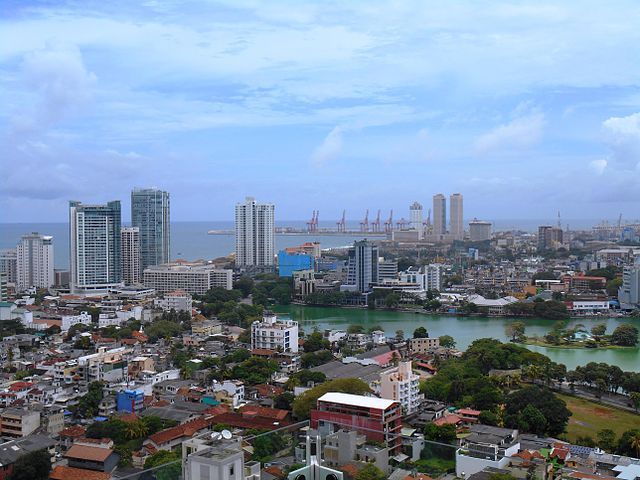[JURIST] The Parliament of Sri Lanka [official website] passed [press release] the “Right to Information” Bill [bill, PDF] Friday. The bill, introduced in March, was passed to encourage the public to combat corruption and hold its government accountable. The Act contains provisions on the right to access information, when that right may be denied, the establishment of a commission on the matter, and the appointment of leaders to oversee it. Citizens will have the right to access public information from government, public and local entities. Citizens will even be able to access data from organizations substantially funded by the government and institutions of higher education. Exceptions to the law include: medical records, trade secrets, defense interests, and information that may be in contempt of court, etc.
The global commnity has been calling on the Sri Lankan government to create more accountability, most recently since the end of the Sri Lankan civil war.The UN released a report in September finding that war crimes may have been committed [JURIST report] during the war. Later that month the President of Sri Lanka rejected [JURIST report] a UN recommendation for international involvement in its domestic investigation of the war crimes. The UN report came amid mounting pressure on the Sri Lankan government from human rights groups and the international community to investigate and prosecute abuses during the conflict with the Liberation Tigers of Tamil Eelam (LTTE) [CFR backgrounder]. In 2014 then-US Ambassador-at-Large for War Crimes Stephen Rapp called on Sri Lanka to investigate rights abuses [JURIST report] by security forces during the civil war. In 2013 UK Prime Minister David Cameron demanded [JURIST report] that the Sri Lankan government conduct its own investigation into war crime allegations. Earlier that year, then-UN High Commissioner for Human Rights Navi Pillay called on [JURIST report] Sri Lanka to improve its human rights record.
– Jurist
.
–
